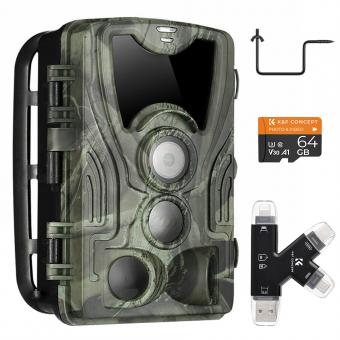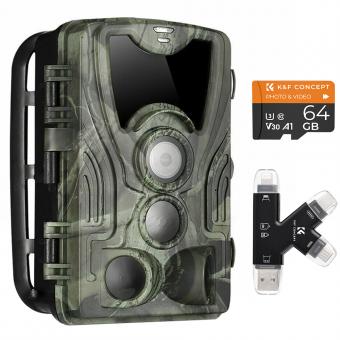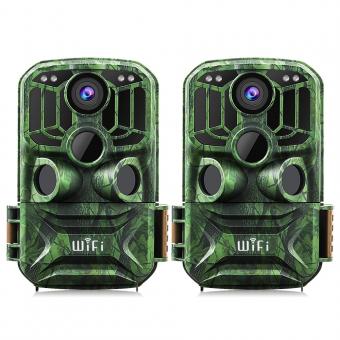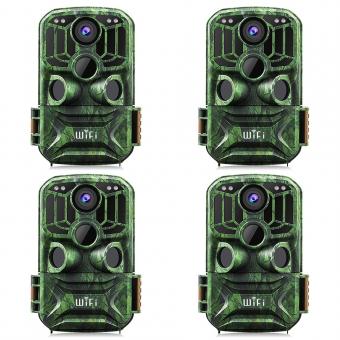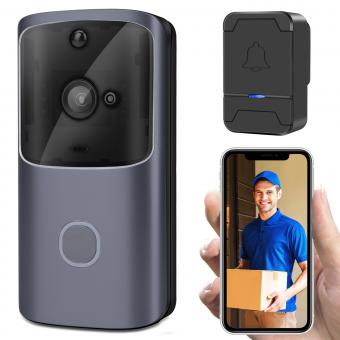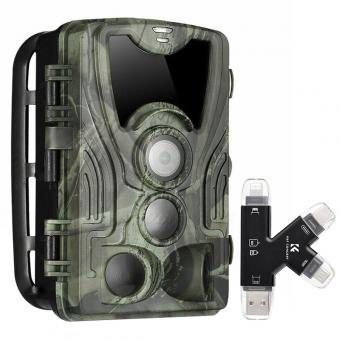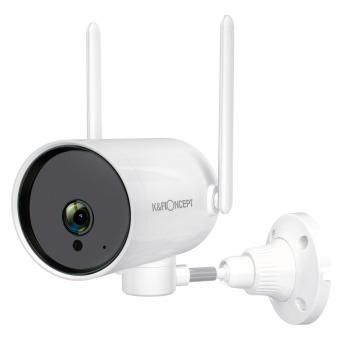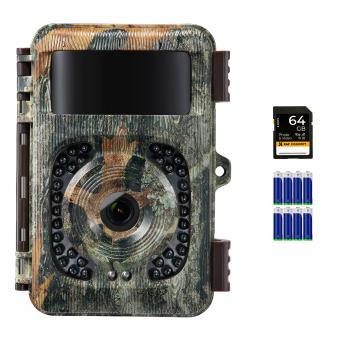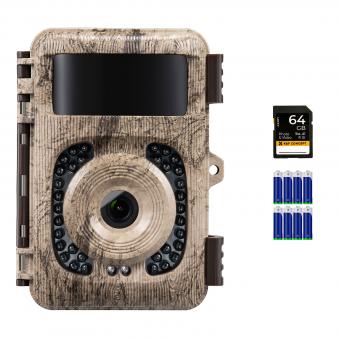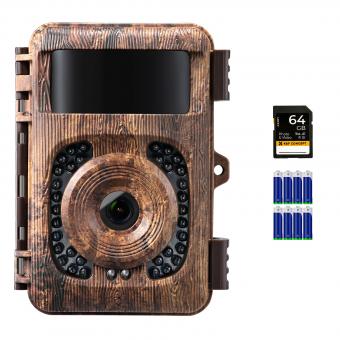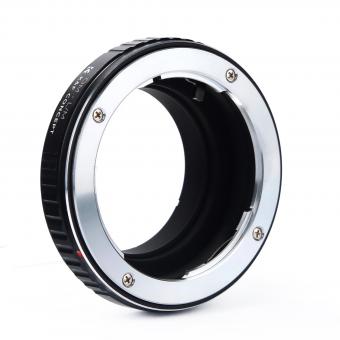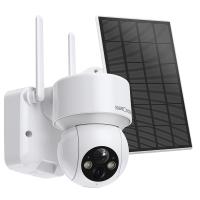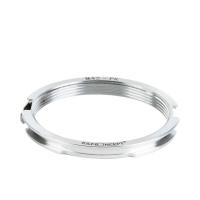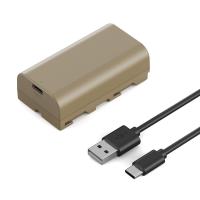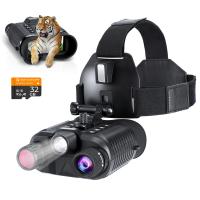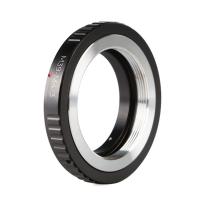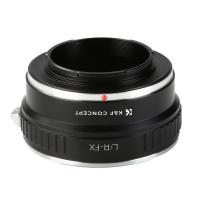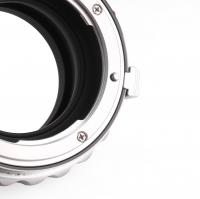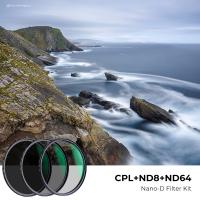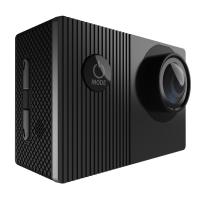Can Ip Camera Work On Wifi ?
Yes, IP cameras can work on WiFi. IP cameras are designed to connect to a network, and WiFi is one of the common methods of connecting them. By connecting the IP camera to a WiFi network, it can transmit video and audio data wirelessly to a network video recorder (NVR) or a computer for monitoring and recording purposes. This wireless connection allows for flexibility in camera placement and eliminates the need for running Ethernet cables. However, it is important to ensure that the WiFi network has sufficient bandwidth and signal strength to support the IP camera's data transmission requirements for optimal performance.
1、 Wireless Connectivity: IP cameras can connect to Wi-Fi networks.
Yes, IP cameras can work on Wi-Fi networks. Wireless connectivity is a common feature of IP cameras, allowing them to connect to Wi-Fi networks and transmit video and audio data wirelessly. This feature provides flexibility in camera placement and eliminates the need for running Ethernet cables.
IP cameras use Wi-Fi technology to establish a wireless connection with a local network or the internet. They typically have built-in Wi-Fi antennas that allow them to connect to a Wi-Fi router or access point. Once connected, the camera can be accessed and controlled remotely through a computer, smartphone, or tablet.
Wireless connectivity offers several advantages for IP cameras. It allows for easy installation and setup, as there is no need to run cables through walls or ceilings. This makes it ideal for situations where running cables is not feasible or practical. Additionally, Wi-Fi connectivity enables the camera to be placed in locations where a wired connection would be difficult or impossible.
However, it is important to note that the performance of an IP camera on Wi-Fi can be affected by factors such as signal strength, interference from other devices, and the distance between the camera and the Wi-Fi router. In some cases, a wired Ethernet connection may be more reliable and provide better video quality.
Overall, the ability of IP cameras to work on Wi-Fi networks provides convenience and flexibility in surveillance system installations. It allows for easy integration with existing Wi-Fi infrastructure and enables remote monitoring and control of the camera from anywhere with an internet connection.
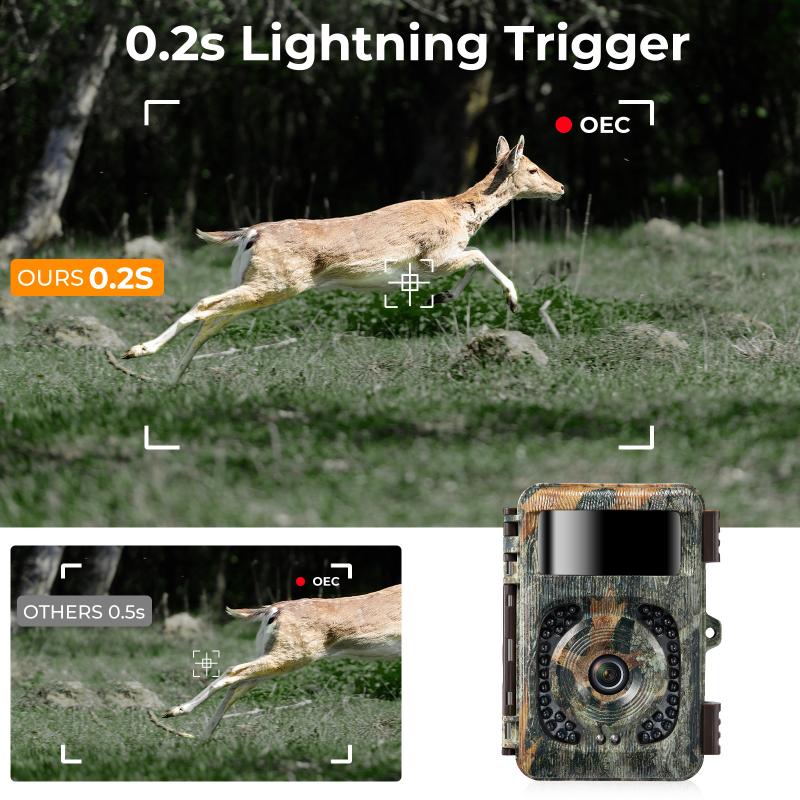
2、 Network Configuration: IP cameras require proper Wi-Fi setup for operation.
Yes, IP cameras can work on Wi-Fi. Network configuration is an essential aspect of setting up IP cameras, and they require proper Wi-Fi setup for operation. IP cameras are designed to connect to a network, either through a wired Ethernet connection or wirelessly through Wi-Fi.
To connect an IP camera to a Wi-Fi network, you need to ensure that the camera is within the range of the Wi-Fi signal and that the network is properly configured. This involves entering the Wi-Fi network name (SSID) and password into the camera's settings. Once connected, the camera can transmit video and audio data over the Wi-Fi network to a computer, smartphone, or other devices.
The advantage of using Wi-Fi for IP cameras is the flexibility it offers in terms of camera placement. With a wireless connection, you can install the camera in any location within the range of the Wi-Fi signal, without the need for additional wiring. This makes it easier to install cameras in areas where running cables may be difficult or impractical.
However, it is important to note that the performance of an IP camera on Wi-Fi can be affected by factors such as signal strength, interference from other devices, and network congestion. To ensure a reliable connection, it is recommended to have a strong Wi-Fi signal and to avoid placing the camera too far from the Wi-Fi router.
In recent years, advancements in Wi-Fi technology, such as the introduction of Wi-Fi 6 (802.11ax), have improved the performance and reliability of wireless connections. Wi-Fi 6 offers faster speeds, increased capacity, and better performance in crowded environments. Therefore, using IP cameras on Wi-Fi networks can now provide even better results in terms of video quality and overall performance.
In conclusion, IP cameras can indeed work on Wi-Fi networks. However, it is important to ensure proper network configuration and consider factors that may affect the performance of the camera's wireless connection. With the latest advancements in Wi-Fi technology, the reliability and performance of IP cameras on Wi-Fi have improved, making them a viable option for surveillance and monitoring applications.
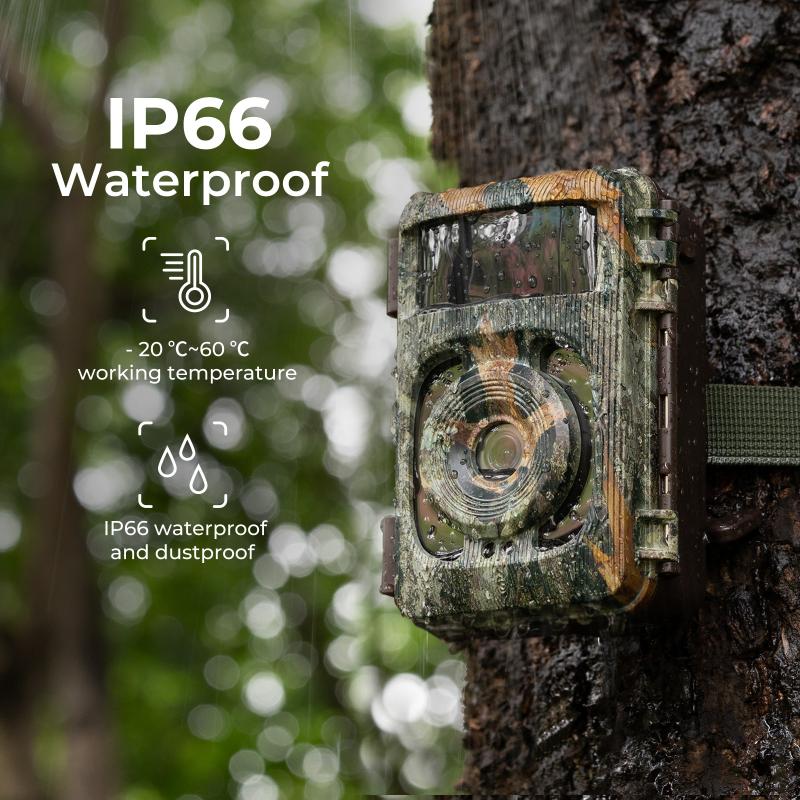
3、 Signal Strength: Wi-Fi signal quality affects IP camera performance.
Yes, IP cameras can work on Wi-Fi. In fact, many IP cameras are designed to be wireless and connect to a Wi-Fi network for data transmission. This allows for easy installation and flexibility in camera placement.
However, it is important to note that the performance of an IP camera on Wi-Fi is dependent on the signal strength of the Wi-Fi network. Wi-Fi signal quality can have a significant impact on the performance of an IP camera. A weak or unstable Wi-Fi signal can result in video lag, buffering, or even loss of connection.
To ensure optimal performance, it is recommended to have a strong and stable Wi-Fi signal where the IP camera is installed. This can be achieved by placing the Wi-Fi router in a central location, away from obstructions, and minimizing interference from other devices.
Additionally, advancements in Wi-Fi technology, such as the introduction of Wi-Fi 6, have improved the overall performance and reliability of wireless networks. Wi-Fi 6 offers faster speeds, increased capacity, and better performance in crowded environments. Therefore, using a Wi-Fi 6 router can further enhance the performance of IP cameras on Wi-Fi.
In conclusion, IP cameras can work on Wi-Fi, but the signal strength of the Wi-Fi network plays a crucial role in their performance. It is important to ensure a strong and stable Wi-Fi signal for optimal camera performance.
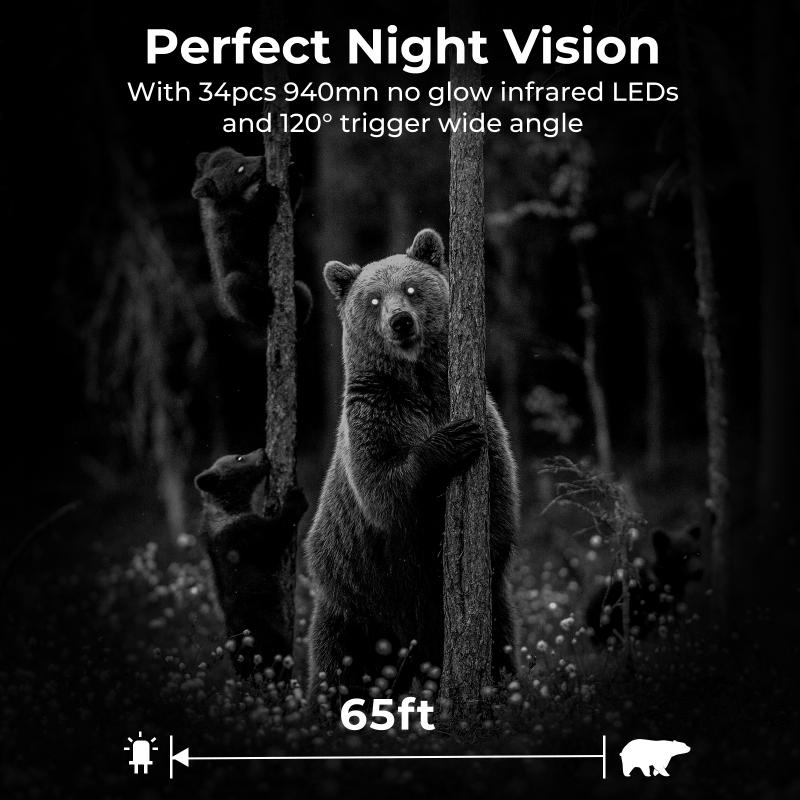
4、 Bandwidth Usage: IP cameras utilize Wi-Fi bandwidth for video streaming.
Yes, IP cameras can work on Wi-Fi. In fact, Wi-Fi connectivity is one of the most common methods used to connect IP cameras to a network. IP cameras are designed to transmit video and audio data over a network, and Wi-Fi provides a convenient and wireless way to connect these cameras to the network.
When an IP camera is connected to a Wi-Fi network, it utilizes the network's bandwidth for video streaming. This means that the camera will consume a certain amount of bandwidth depending on the resolution and frame rate of the video being streamed. Higher resolution and frame rates will require more bandwidth.
It is important to consider the bandwidth usage of IP cameras when setting up a Wi-Fi network. If multiple IP cameras are connected to the same network, the combined bandwidth usage can put a strain on the network, potentially leading to slower internet speeds or dropped connections. Therefore, it is recommended to have a robust Wi-Fi network with sufficient bandwidth to support the number of IP cameras being used.
It is worth noting that advancements in technology have led to the development of more efficient video compression algorithms, such as H.265, which can reduce the bandwidth requirements of IP cameras. Additionally, some IP cameras offer the option to adjust the video quality settings, allowing users to optimize the bandwidth usage according to their needs.
In conclusion, IP cameras can indeed work on Wi-Fi, but it is important to consider the bandwidth usage and ensure that the network can handle the streaming requirements of the cameras.


